Inundated
prose by Deborah Douglas Wilbrink
Breaking through barriers, wading through mud, I grew up exploring abandoned or under-construction buildings. The foundations, the half-framed skeletons of walls, the gaps left for the plumbing and electricity, frayed ends of cables, the temporary steps—all beckoned. If forbidden or dangerous, then more alluring. These became building elements of imagination. When I was twelve, I sketched plans for my own dome-shaped dreamhouse, its long canning kitchen, the wood-floored ballroom with its band stage, a greenhouse along the south side. Absence of women role models deconstructed these childhood dreams, but buildings remain fascinating.
Years later, at a suburban nightclub, two young men appealed to aesthetics and adventure.
“Want to see the abandoned VA hospital with us?” asked Kenny.
I thought of another hospital, St. Joseph’s, my latest architectural exploration. It was scheduled for demolition, but curious about where I’d been born, I’d snuck in, strolling the spookily empty long halls and small rooms. Cobwebbed windows faced west, the sinking sun bouncing off the tenement roofs below and streaming onto dusty, once polished floors. Picture-perfect for my Nikon. What would the VA hospital look like? It had been raining; it was night; this would be a different experience.
Yes, let’s see. On the road, Kenny offered us a dose of LSD, and I was eager for its extra insight. Cars on the interstate sparkled their star-lights, red, white and yellow, changing to bright pops and particle streaks before we pulled onto a black-top highway, then into the hospital drive.
Chicken-wire fencing surrounded the compound, but its gate was easy enough to crawl under. Dirt ground under my belly; I inhaled its released smell before rising. A single pole light glared, casting more shadow than illumination, here and there lighting water, pooled on the uneven asphalt. Boxy grey buildings receded before us, lining the street like stage sets waiting to be pushed and pulled into place, more metal than marble. Soon we stood in front of a concrete wall, an unassailable façade. The tin sign attached to the corner read Morgue.
“C’mon,” said my skinny guide, his mustache lifting, “Let’s go!”
His resounding bootsteps led to a huge arched doorway of wooden panels, painted a peeling Army green. Cavernous and closed. He kicked the door, but it only swallowed the sound, the way a sandbar swallows a wave. The darkness was a bandage leaking light. Here was where the ambulances had passed; here was where the hearses had parked. We were at the abandoned VA hospital, somewhere near Atlanta, and we were tripping. Senses were dialed high, inseparable into their components of taste, smell, sight, sound, touch, and extrasensory perception—for ghosts were watching us. They shifted in the shadows; they had no feet. This was not my first ghost rodeo, but the acid added another dimension.
It merged my body with the surroundings; one with all. Yet my body was individual, for it nudged me. I shifted onto the dirt outside of the paved area and squatted to piss away the disco’s drinks. Kenny decided to join me. No inhibitions were in play at the moment; I felt nothing at the fact of us peeing near each other, focused on the warm release. Nothing, until he swung around and continued pissing, on me, to the point of inundation.
What the hell! I was confused, but Kenny laughed and called to his friend to watch. Too high to object, I observed and thought, while I finished my pee. I rose, shook myself off, and soon the three of us had crawled back under the fence.
In the car’s closeness, we all knew I was in need of a hot shower, but no one spoke. Kenny put the radio on. The FM deejay was spinning Led Zeppelin and “The Rain Song” had never sounded sweeter. It created thinking space as we returned to the club, where my car was parked. Home, I stripped my clothes into the trash; I wouldn’t let a thrift store rack hold that shame. Washing the smell away, I purged the disco, the hospital and the young men from my future. The memory was carved in cortex.
Watching the “golden shower” with dispassionate acidic eyes revealed to me the power of the penis—how irrelevant it was, and yet so easy to wield. That man was not as smart as I was, I thought, nor as pretty, inside or out. Pissing on me was his way of establishing superiority. Pissing on me in front of his friend was a way to establish pecking, or pissing, order.
Freud might have noted a case of penis envy, but I didn’t want a penis. I sought my own power. Surely a simple fact of biology did not establish a man’s precedence over any and every female. Yet, it was undeniable that standing up while peeing gave freedoms: to run, to fight, to act and react much faster! My horse sometimes peed when walking. The male dog communicated easily with his markings. Squatting put one at a disadvantage.
I began training, and before long I could stand and aim a stream of urine away from my feet. Then I could hit the center of the toilet, albeit uncomfortably straddled, facing the back like the boys and men I had seen. Sometimes I pulled this trick when with a man as a show of power and for its shock value. Like smoking a cigar in public, it had its uses (usually distancing the observer).
But after a few months of this I resumed sitting and squatting. It was easier: clothes got in the way. Standing up to pee makes sense on outdoor days in the cold, when you’re wearing a skirt and nothing underneath. And that’s—well—for me, that’s never. But I learned and practiced the politics of pee.
Now I may be pissed off, but never pissed on.
Deborah (she/her) is a hybrid resident between Barcelona and Asheville. After working as a Senate aide, teacher, cemetery manager, TV editor and ghostwriter of memoir, she is emerging as a short story writer, published in Bright Flash, Asymptote, Dead Mule School of Southern Literature and more. She received the Spring 2025 Writers Residency at Can Serrat, Spain, completing her forthcoming collection of short stories set in the second wave of feminism. Deborah is a singer-songwriter who melds the Middle Ages with a life set to fast forward from birth. Website
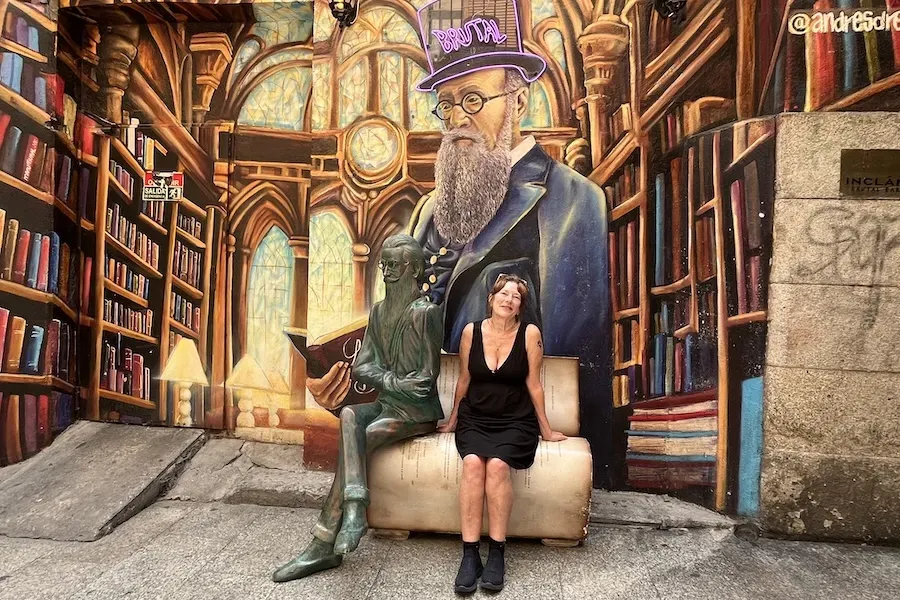
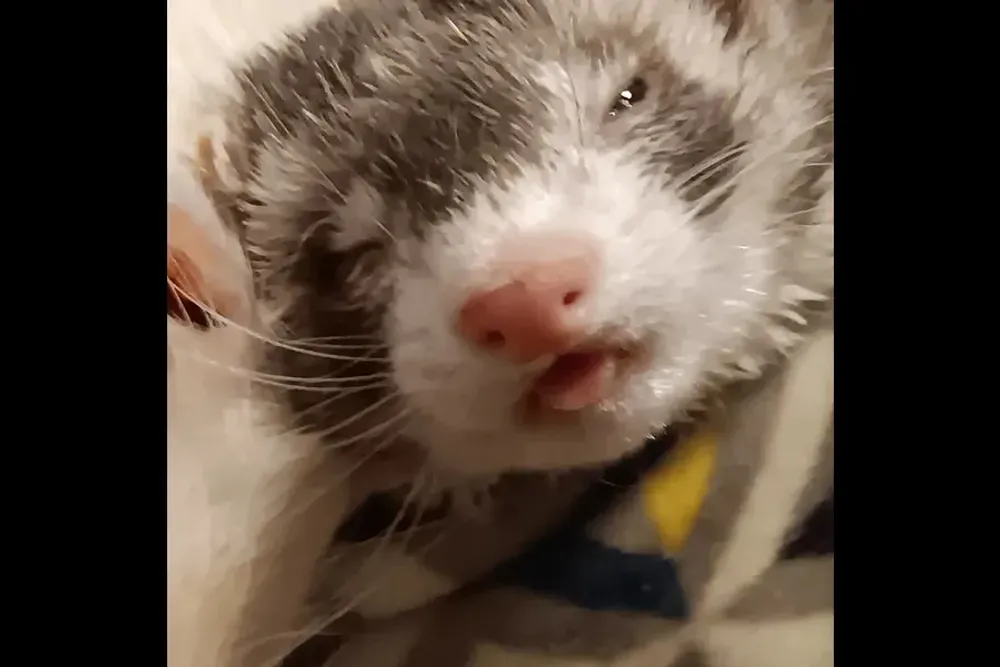
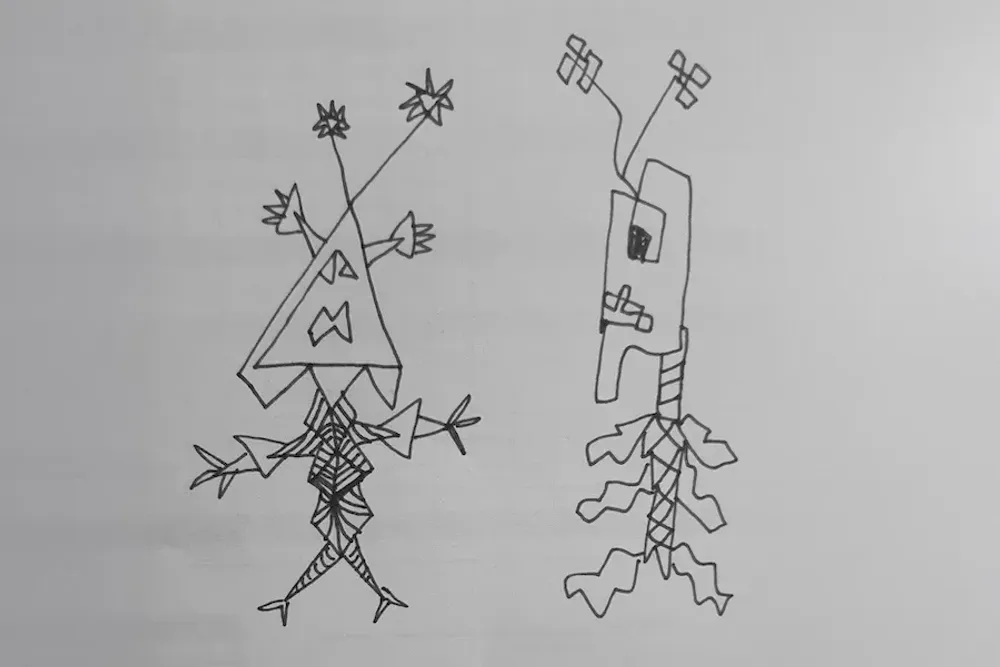
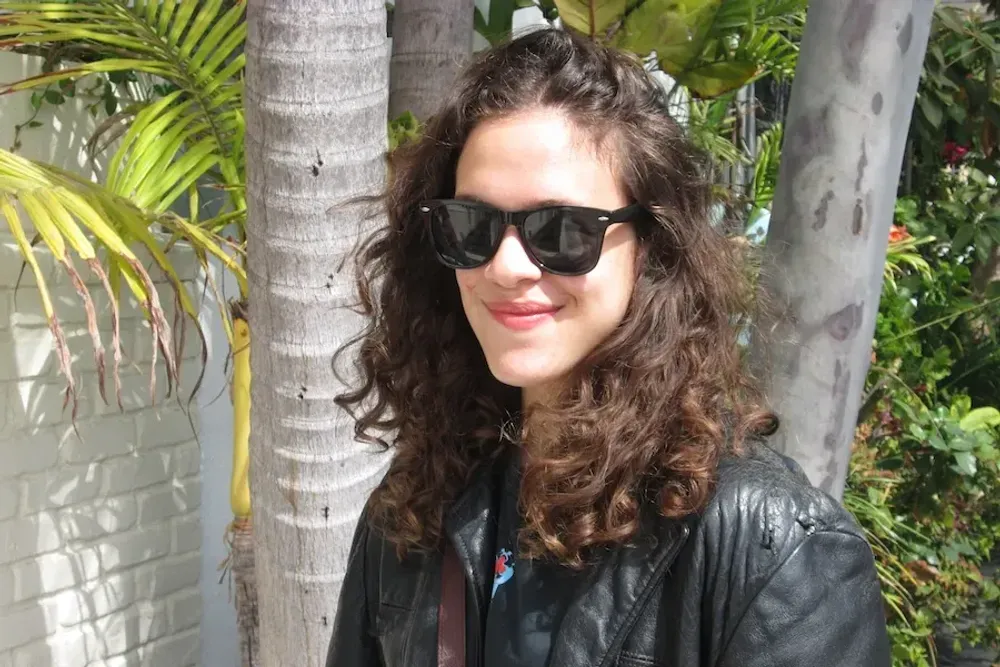
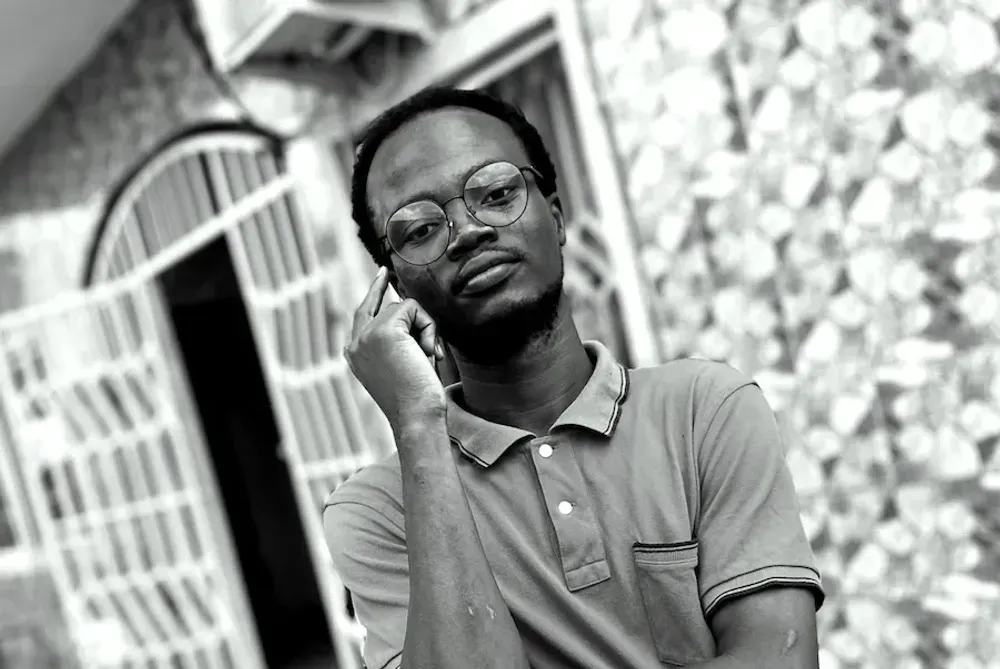
Comments